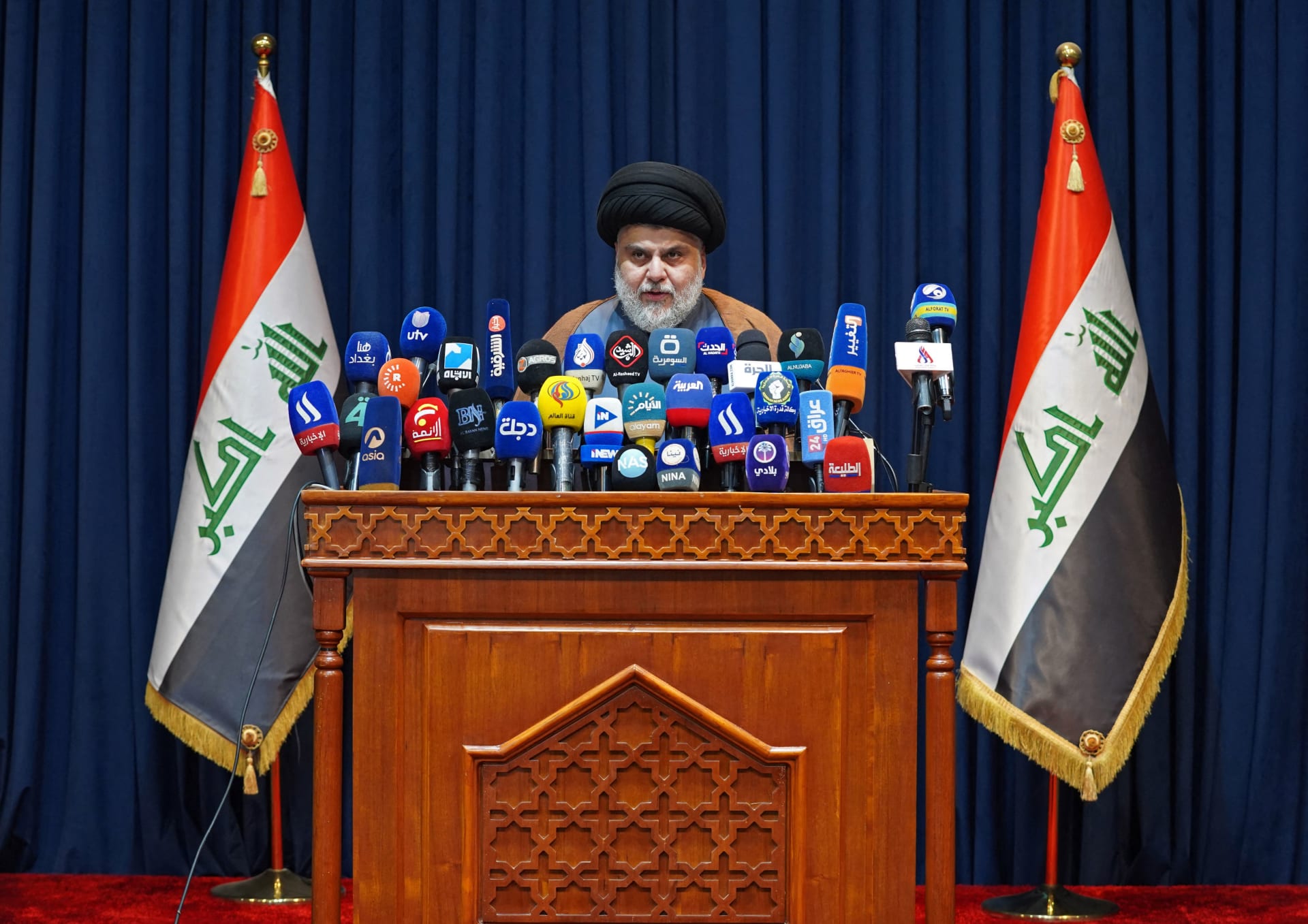Siamak Kakai, speaking in an interview with the website of the Strategic Council on Foreign Relations, continued: Despite the fact that the speaker of the parliament was elected in the first session of the new parliament, despite some controversies and debates, the election of the president has entered a round of party-ethnic considerations.
Referring to the challenges of electing a president in Iraq, Kakai said according to a series of divisions of power in Iraq, the presidency is held by the Kurds, adding: The Kurds have once again been challenged to nominate a candidate for the presidency, and the challenge began when the Patriotic Union, which sees the presidency as its own share, insisted on Barham Salih’s candidacy, but the Democratic Party has not accepted the Patriotic Union’s request and nominated a separate candidate for itself, Hoshyar Zebari, a former Iraqi foreign minister.
The expert on Iraq affairs continued by saying that this option of the Democratic Party was criticized by some political currents, noting: Therefore, the issue of the approval of Zebari’s competence was discussed at the federal court, and recently the court ruled that Zebari could not be a presidential candidate, because during his tenure at the Foreign Ministry, there were discussions in the financial field.
He explained that after this incident, the two main Kurdish currents announced that they would introduce separate representatives and further elaborated: The union’s criticism of the Democratic Party is that the party is in charge of the region; however, according to an agreement between the two parties, the presidency was expected to be in the hands of the Patriotic Union; but the Democratic Party apparently says it wants to try its chance for the presidency as well.
According to Kakai, this has added to the complexity of the political atmosphere in Iraq, and other political currents have called on the Kurds to agree on a single candidate as soon as possible.
The expert went on to address the issue of electing a prime minister in Iraq, saying that determining the fate of such position has also faced with ambiguities and challenges.
Kakai said that such a complex and controversial issue is related to the Shiite currents, adding that they have disagreed on two issues: The first difference between the Shiites is that to what group the majority faction is referred to; the Shiite coordination movement or the coalition affiliated with Sadr group.
According to the expert on Iraq affairs, the second difference concerns the Shiites’ consensus on the choice of a candidate for the position of prime minister. It should be noted that in the Iraqi political structure, the prime minister has a key and important position, but there has been no consensus in this regard so far.
He added: However, negotiations are underway between the main Shiite groups until they reach a consensus on the candidate for the position of prime minister.
Kakai stressed that the set of differences has left the new Iraqi government undecided after more than three months since the election.
Regarding the outlook for the political situation in Iraq, the expert said: Iraq’s political method and experience after two decades since the overthrow of the Ba’athist regime has shown that the way out of the stalemate over the division of positions is the consensus method or the so-called “consensus democracy”. That is to say, it is necessary to reach a consensus among all groups outside the parliament, and then lead to an agreement between them to divide the main positions.
In conclusion he said: Otherwise, continuation of the conflict over the positions will lead to the discouragement of the people, as well as to a political and security vacuum in Iraq. However, the experience of previous periods has shown such issue. That is why constructive talks between the mainstream parties should reach conclusion in order to form a new government as soon as possible.










0 Comments